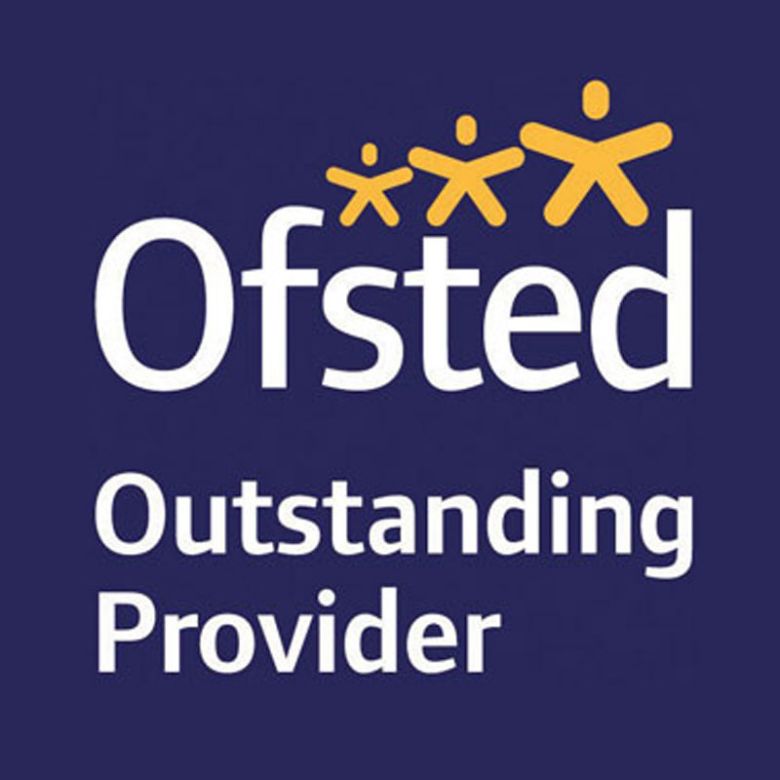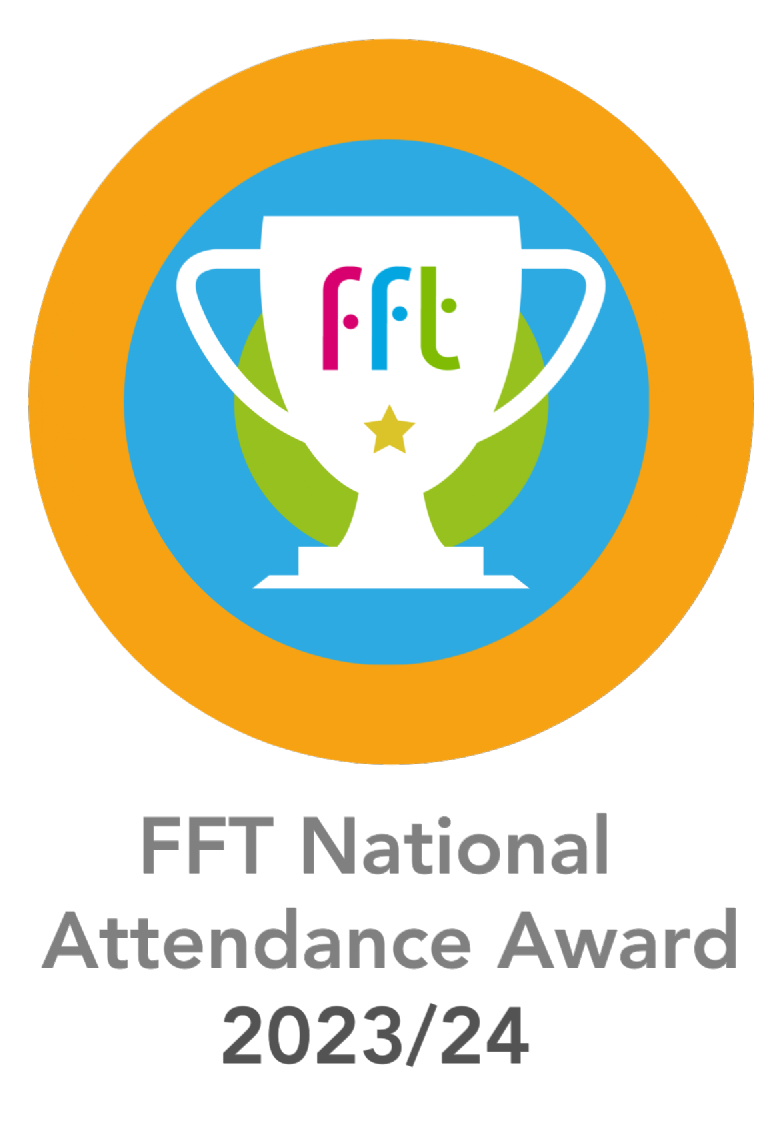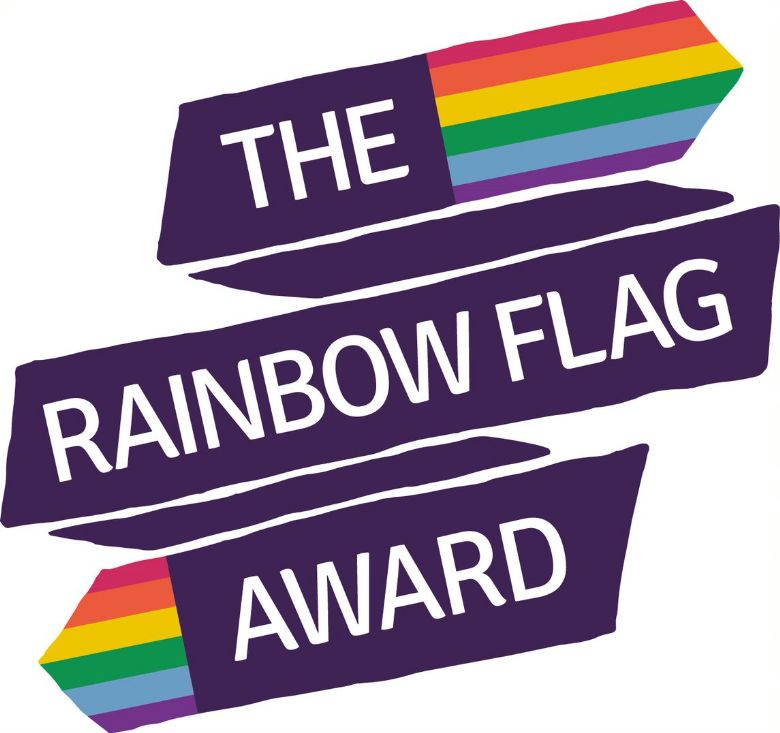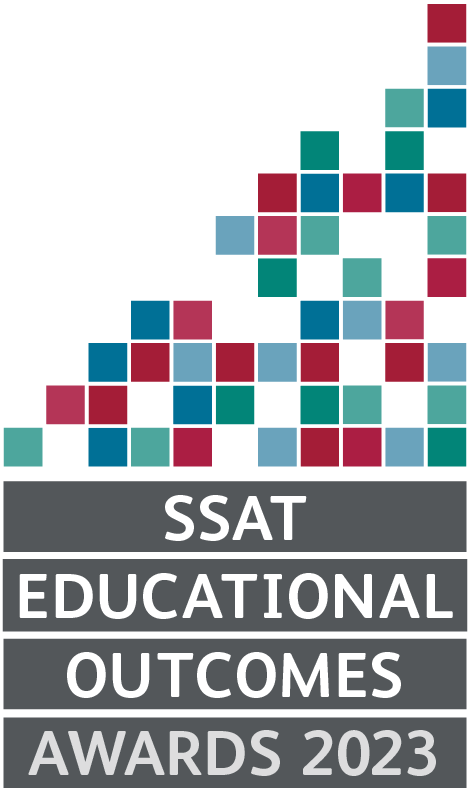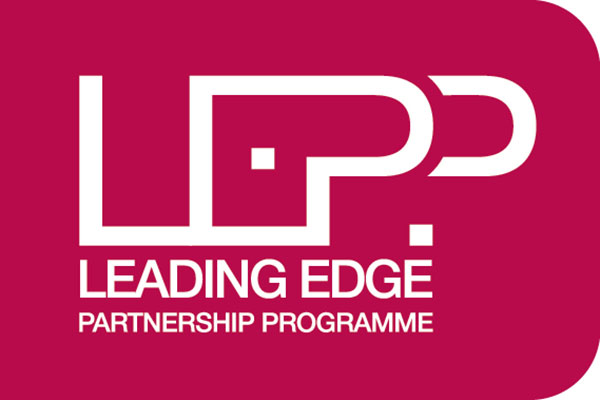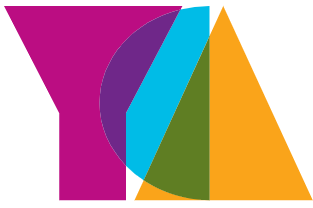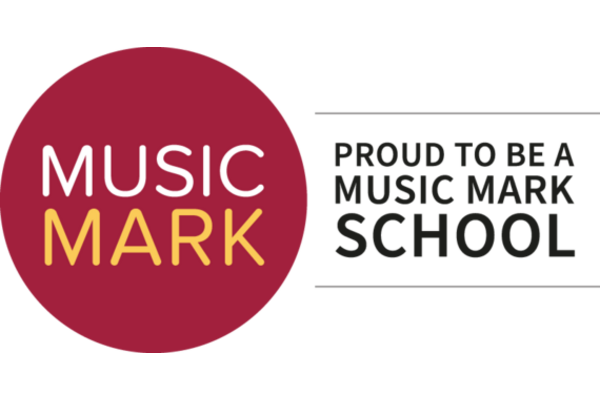- Home
- Curriculum
- Art, Design and Technology
- Computer Systems
- OCR Cambridge National Enterprise and Marketing
OCR Cambridge National Enterprise and Marketing
What is the OCR Cambridge National L1/L2 in Enterprise and Marketing?
The Level 1/Level 2 Cambridge National in Enterprise and Marketing is aimed at pupils who wish to develop applied knowledge and practical skills in enterprise and marketing. It contains both practical and theoretical elements, which will prepare pupils for further study of qualifications in enterprise, marketing or business. The Cambridge National in Enterprise and Marketing is graded pass, merit and distinction for Level 1 and pass, merit, distinction and distinction* for Level 2. You may be interested in this if you want an engaging qualification where you will use your learning in practical, real-life situations, such as:
- Carrying out market research
- Planning a new product and pitching it to a panel of experts
- Reviewing whether a business proposal is financially viable
What do I need to know or be able to do before taking the OCR Cambridge National L1/L2 in Enterprise and Marketing?
You will need to enjoy exploring business contexts and the working of a variety of different enterprises. It is important that you have a lively and enquiring mind, an interest in the workings of enterprise, a willingness to explore new theories and be able to communicate your ideas confidently and effectively. As part of the qualification, you’ll need to give a ‘pitch’ so being able to speak publicly in front of your peers would also be a useful skill.
You may have enjoyed these Key Stage 3 projects:
- Data Analytics (Year 7)
- Internet of Things – Introduction to Business (Year 9)
Why should I choose this course? You will,
- Understand how and why enterprises and entrepreneurs are successful.
- Understand customer needs and competitor behaviour through market research.
- Understand how the outcomes of situational analyses may affect enterprises.
- Choose an idea and produce a plan for a micro-enterprise idea.
- Present a plan for the micro-enterprise idea to meet specific requirements.
- Review the presentation of the micro-enterprise idea to meet specific requirements.
- Demonstrate knowledge of facts, terms and issues in relation to enterprise
- Demonstrate an understanding of facts, terms and issues in relation to enterprise.
- Apply an understanding of facts, terms and issues in relation to enterprise.
- Make connections with concepts, issues and terms in enterprise.
- Carry out calculations to complete financial documents, carry out calculations using formulae and ratios, and construct and interpret break-even charts.
Who is the OCR Cambridge National L1/L2 in Enterprise and Marketing for?
This course will appeal to you if you:
- Have a keen interest in Business Enterprise
- Enjoy studying a subject that is relevant to your own life and experience
- Want to find out more about how businesses operate and how they create and use financial figures.
- Are interested in developing an understanding different business operation.
- Want to study a course that is active, enjoyable and has a mixture of assessment methods.
- Want to move on to a related career or further education
- Wish to build up a qualification by studying separate units
|
Units |
Component Title |
Assessment |
|
R067 |
Enterprise and Marketing Concepts |
External Assessment – Exam (end of Y11) |
|
R068 |
Design a business proposal |
NEA – Non-Examined Assessment (Y10) |
|
R069 |
Market and pitch a business proposal |
NEA – Non-Examined Assessment (Y11) |
The structure of the OCR Cambridge National L1/L2 in Enterprise and Marketing
Unit R067: Enterprise and Marketing Concepts.
In this unit you will learn how market research gives the entrepreneur an insight into the wants and needs of its customers, so that products and services can be developed to satisfy them. It also complements other competing products and services on the market to ensure a financially viable business. As well as understanding your target market’s needs, you will learn how the marketing mix elements must be carefully blended to enhance business performance. You will examine each element individually and explore the decisions that an entrepreneur needs to make. You will learn about the types of ownership for an enterprise and sources of capital available. Running a successful enterprise can be tough, but there is a lot of support available, which you will learn about so that you can understand how to obtain timely and appropriate guidance.
Unit R068: Design a business proposal.
In this unit you will learn how to develop market research tools and use these to complete your market research. You will use your research findings to decide who your customers will be, create a design mix and produce your product design ideas. To help decide on your final design, you will gain feedback and then assess the strengths and weaknesses of your initial ideas. You will complete financial calculations to determine whether your proposal is likely to make a profit. You will use the evidence you have generated to decide whether you think that your new product is likely to be financially viable.
Unit R069: Market and pitch a business proposal.
In this unit you will learn how to design a brand which will make your product stand out in the market, before creating a promotional campaign to get your brand noticed by customers. Your promotional campaign will include you choosing different methods of promotion which you think are most suitable for your target customers. You will then need to create a presentation that you will pitch to an audience.
Future Progression to Other Qualifications
Pupils who generally achieve at Level 2 across their Key Stage 4 learning might consider progression to:
- A Levels as preparation for entry to higher education in a range of subjects
- Study of a vocational qualification at Level 3, such as a BTEC National in Enterprise and Entrepreneurship, which prepares learners to enter employment or apprenticeships, or to move on to higher education by studying a degree in the business sector.
Pupils who generally achieve at Level 1 across their Key Stage 4 learning might consider progression to:
- Study at Level 2 post-16 in a range of technical routes designed to lead to work, employment, apprenticeships, or further study at Level 3. Learners who perform well in this qualification compared to their overall performance, should strongly consider this progression route as it can lead to employment in the enterprise sector.
- Study business enterprise post-16 through a Technical Certificate designed to lead to work, progression to employment via apprenticeships or further study at Level 3.
Routes to Employment
The role of entrepreneurs is to help create wealth for the nation and its citizens through the creation of enterprises that innovate and grow the economy. According to 2019 data, there are nearly six million such businesses in the UK, employing around 16.6 million people. Small and medium-sized enterprises (SMEs) account for 99.9 per cent of the business population in the UK and account for three-fifths of the employment and around half of the turnover in the UK private sector, worth around £2.2 trillion.

